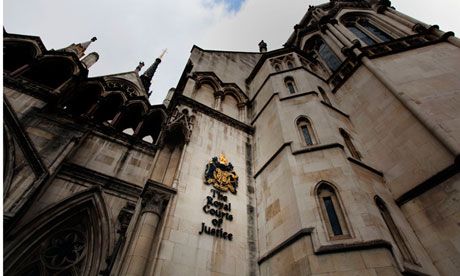An interesting judgment was made on the rule allowing the Premier League and Footbal League to insist that football players, managers and other clubs get paid if a club enters into administration.
The controversial 'football creditors rule' needs a change in the law if it is to be outlawed, a judge has ruled, dismissing a legal challenge by Her Majesty's Revenue and Customs.
Mr Justice David Richards stated that the rule does not currently break insolvency law, although he referred to it having been "subject to a good deal of criticism, in parliament and the courts" and said "The Football League should not regard the result of this case as an endorsement of its approach to football creditors."
The rule applies when a Football League or Premier League club falls insolvent and goes into administration, which, the judge noted, was "infrequent" throughout football history until the late 1990s, since when there has been "a high incidence" of insolvencies. HMRC have argued that the rule was contrary to two specific aspects of insolvency law, that all creditors must be treated equally, and that an insolvent company cannot be deprived of a valuable asset, in this case the share of league membership, which is transferred to a new company when football debts are settled.Mr Justice David Richards stated that the rule does not currently break insolvency law, although he referred to it having been "subject to a good deal of criticism, in parliament and the courts" and said "The Football League should not regard the result of this case as an endorsement of its approach to football creditors."
Read Mr Justice Richards judgment and the full article at The Guardian.

